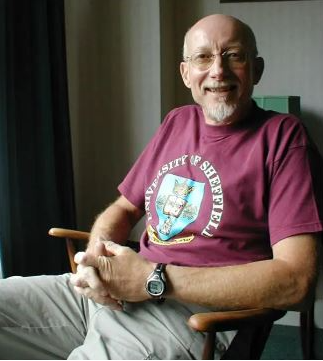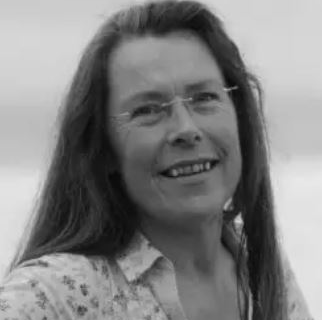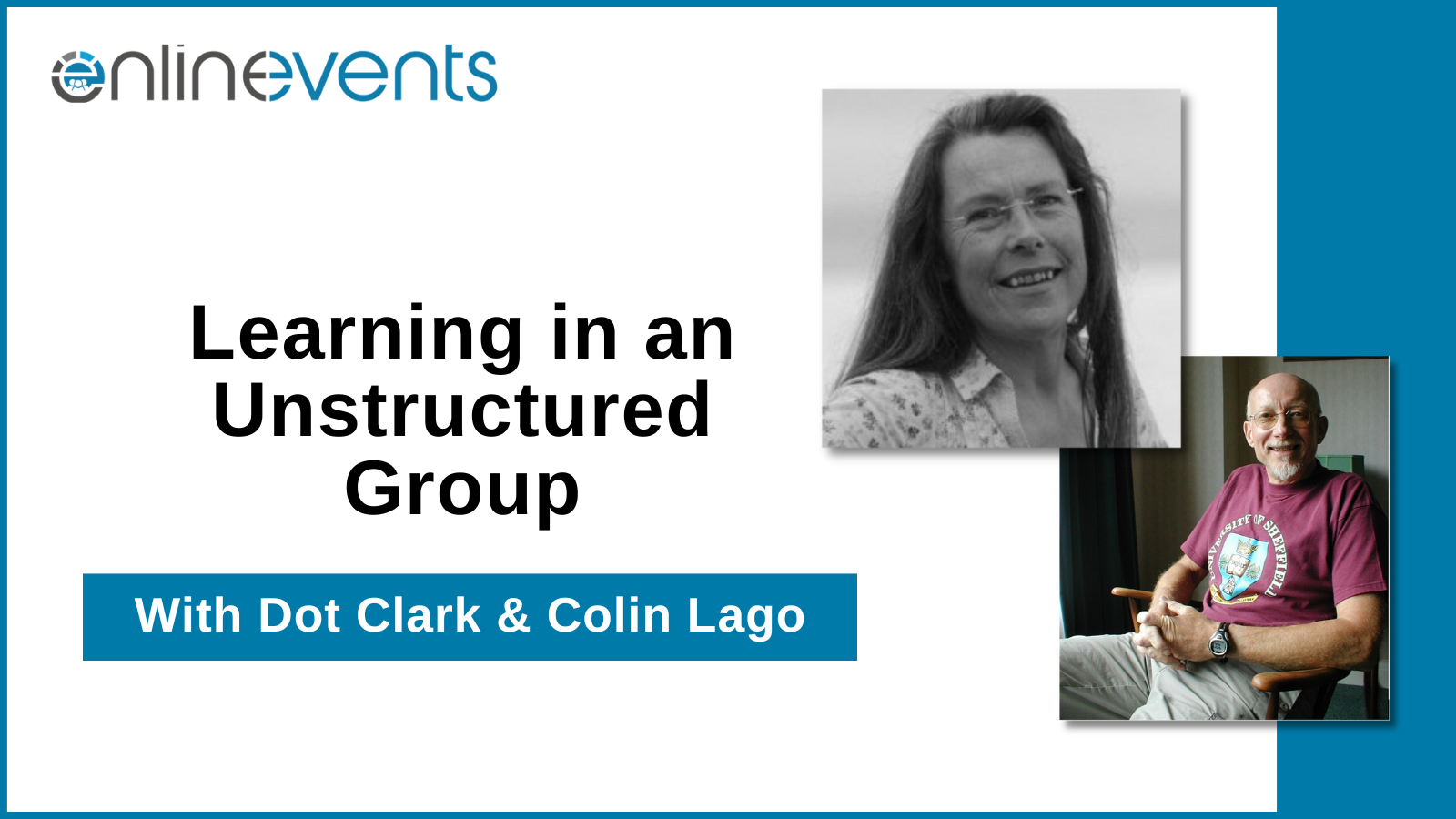This was an hour of conversation with Colin Lago and Dot Clark on their experiences of holding open learning environments.
Colin has, for some time now, been facilitating the Temenos Postgraduate Supervision Training using this mode of learning, and Dot has joined him as co-facilitator on the last two courses. The next course is due to begin in October 2014.
The aim of creating such a learning environment is to enable participants to take responsibility for their own learning process and to support the making of meaning within a rich context of appropriate resources and relationships.
Course Content
Presenter

Colin Lago, D. Litt, was Director of the Counselling Service at the University of Sheffield, U.K., from 1987 – 2003. He now works as an independent counsellor/psychotherapist, trainer and supervisor. Trained initially as an engineer, Colin went on to become a full time youth worker in London and a teacher in Jamaica before becoming a counselling practitioner. He is a Fellow of the British Association for Counselling and Psychotherapy. Deeply committed to transcultural concerns within psychotherapy, he has published articles, videos and books on the subject. To balance professional demands he loves to run, bike and dance!
In relation to this talk, Colin notes that he was fortunate to come into the profession in its early days, 1977, the same year as BAC emerged from the Standing Conference! Colin first came across the work of Carl Rogers whilst initially training as a youth worker in his early twenties, (some seven years before he trained as a therapist). He found Carl’s books by accident whilst perusing the college library shelves and was immediately impacted by the resonance inside himself of these ideas ‘which spoke to him directly’. They helped to affirm his own confidence in his beliefs and approach to others.
Inevitably, there are many strands to this developing story, as with everyone’s biography, but Colin was fortunate in joining with his new colleague who already had worked with Rogers in international gatherings. Inevitably, attendance at international conferences and large group experiences soon followed, enabling Colin to meet colleagues from many parts of the world. Such connections form the background against which this presentation will be based.

While on a long-term retreat 2008-9, I experienced a profound connection between mystical explorations of the unity of being and the fundamentals of the person-centred approach (PCA). Both traditions call for a particular quality of attention to be paid to whatever is happening in relationship, with Other people and with Being itself. The territory discussed in my chapter was part of the exploration I undertook into the meaning of this experience while a student at the University of Edinburgh.


